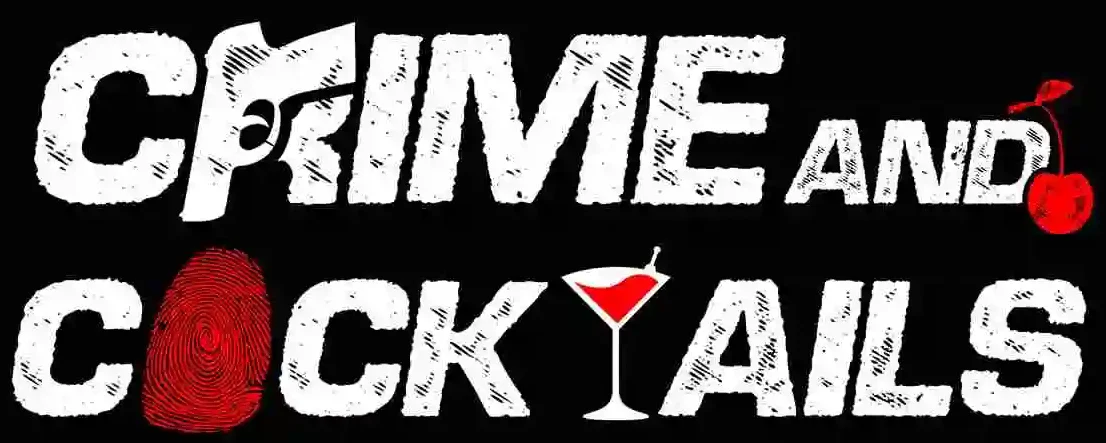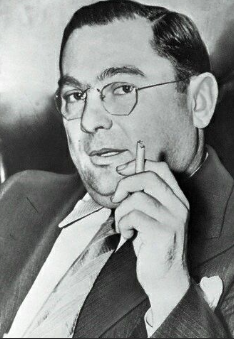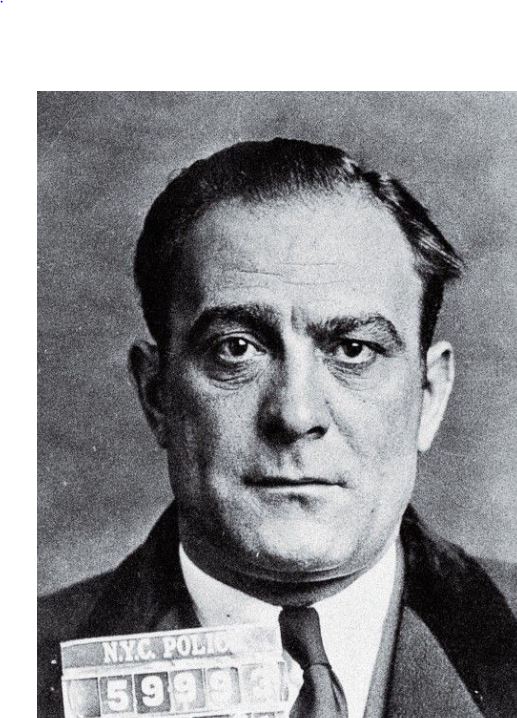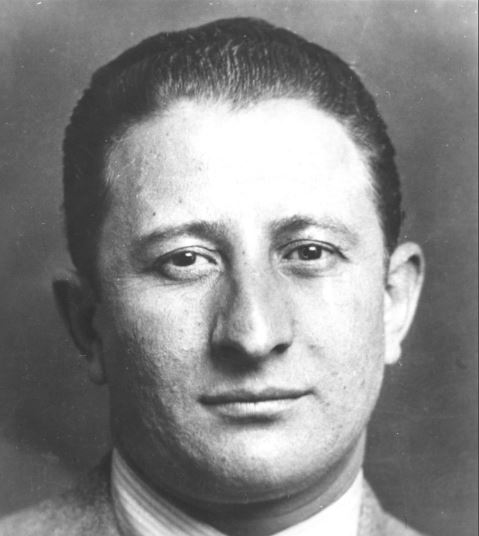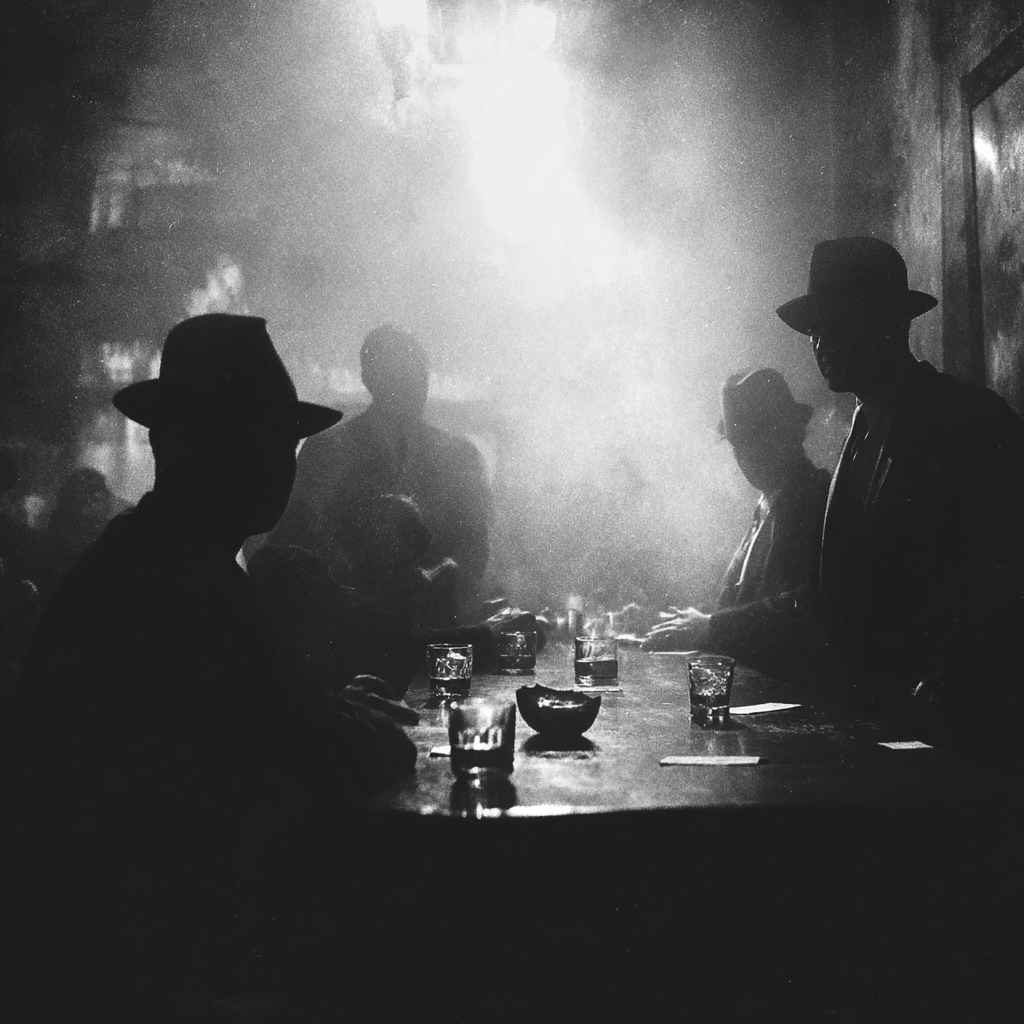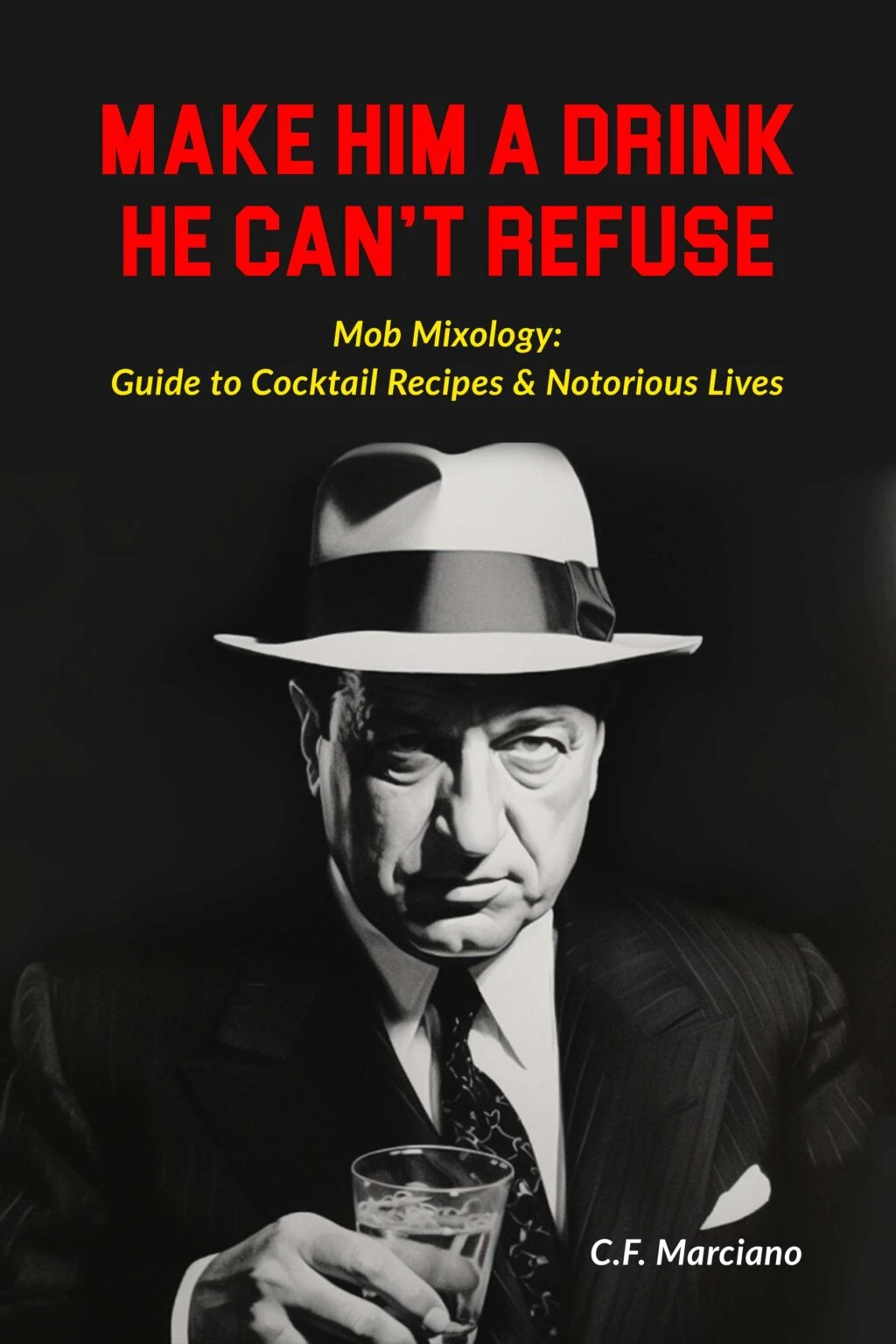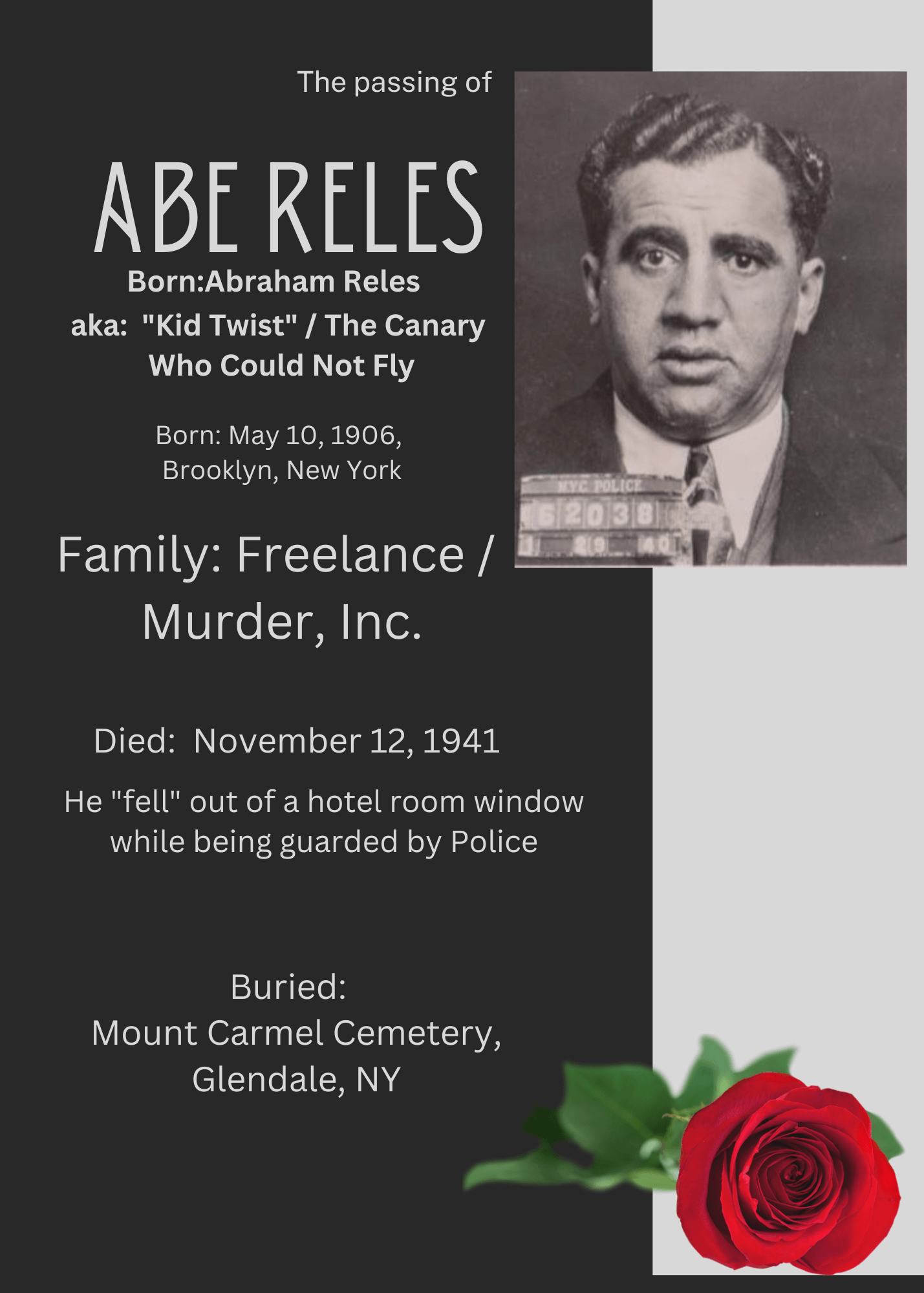In the glittering haze of 1930s Hollywood, while starlets shimmered on the silver screen and moguls puffed on fat cigars behind studio doors, a different kind of star was rising—one not bathed in the klieg lights, but in blood, extortion, and betrayal. His name was Willie Bioff, and though he wore $150 suits and carried solid gold union cards, beneath the polished surface beat the ruthless heart of a street thug from Chicago’s darkest alleys.
Born William Morris Bioff in 1900 to a kosher Jewish family, his life quickly veered off any righteous path. By eight years old, his father had thrown him into the merciless streets of Chicago’s South Side. From the shadows of doorways, Bioff clawed his way upward—first a ragged paperboy, then a warehouse thief pilfering Swift hams, and finally, a burgeoning enforcer with fists like iron and an appetite for chaos.
Standing only 5’6” but weighing over 200 pounds, Bioff compensated for his height with sheer brutality. He could lift a man off the ground with a single hand, a talent that served him well as he dove headlong into the Chicago underworld. After a pandering conviction in 1922, he traded in prostitutes for “protection” rackets, strong-arming kosher chicken dealers before joining forces with another hustler, George Browne. Together, they formed a sinister alliance that would grow into an empire of labor corruption.

Enter Frank “The Enforcer” Nitti
When word of their muscle and money reached Frank “The Enforcer” Nitti—the right-hand man of Al Capone—an unholy marriage was made. The mob saw opportunity in the burgeoning film industry. Bioff and Browne were the perfect agents of chaos. Backed by the brutal efficiency of the Chicago Outfit, they seized control of the International Alliance of Theatrical Stage Employees (IATSE), the backbone of Hollywood’s labor force.

In 1934, Browne was installed as president of IATSE, a victory rigged through gangster muscle ensuring delegates “voted properly.” Bioff became his right-hand enforcer, taking a cushy $22,000 salary and free rein to extort the studios at will. Armed with Mafioso Johnny Roselli and emboldened by his connections, Bioff descended upon Los Angeles like a wolf among lambs.
The Cushy Headquarters
Their headquarters was a suite at the Taft Building at Hollywood and Vine, its towering neon sign a beacon for dreamers—and now, criminals. There, Bioff and Roselli waged a quiet war against the moguls of Paramount, MGM, Warner Bros., and Fox. Pay us, or your movies don’t get made. Pay us, or accidents might happen on set. Pay us, or watch Hollywood collapse into darkness.

They demanded $2 million for labor peace. When the studios balked, they agreed to annual hush payments instead. Bioff extorted millions, laundering his fortune through an 80-acre ranch he named the “Laurie A” after his loyal wife. In the afternoons, while the tabloids mocked him for living like a movie star, he would retire behind iron gates to smoke cigars under a $600 olive tree, his house guarded like a fortress.
But Willie Bioff’s empire was built on quicksand.
By the late 1930s, whispers grew into roars. The press caught wind of the extortion, the crooked deals, and the blood money. In 1941, the house of cards collapsed: Bioff and Browne were indicted for extorting the studios. Joseph Schenck, president of United Artists, was caught bribing them. Even the corrupt Los Angeles Police Department, which had eagerly handed out gun permits to Bioff’s thugs, couldn’t shield him.
Facing certain prison time—and worse, death at the hands of his betrayed allies—Bioff made the ultimate gangster sin: he flipped.
Testifying against his mob brothers, he sang like a canary, helping convict six of Chicago’s top gangsters. Among them was Frank Nitti, who opted for a bullet to the head rather than face a courtroom shame. With Bioff’s betrayal, the Outfit’s vice grip on Hollywood was broken.
But treachery has a long memory.
Released early, Bioff slithered away to Arizona under the alias “William Nelson.” He shaved off his past like a molting snake, cultivating new friendships with powerful figures, even schmoozing with Senator Barry Goldwater. In Phoenix, he lived like a respectable businessman, but underneath the pressed shirts and sunny smiles, the death clock was ticking.
His final act came on November 4, 1955.
That morning, Bioff—now bloated, gray, and slow—walked to his Ford pickup in his driveway. As he twisted the key in the ignition, hell was unleashed. A bomb, wired to the starter, ripped through his body and splattered the truck across the yard like a grotesque fireworks display. Blood and twisted metal painted the Arizona dawn.
There were no witnesses, no suspects, and no arrests. Only silent, knowing nods among the few who remembered: in the world Willie Bioff had lived in, betrayal was a debt that always came due.
Even in death, Bioff’s story served as a grim lesson: you can muscle Hollywood, you can dine with kings, but you can never, ever outrun the devil’s ledger.
By C.F. Marciano – The Godfather of Gritty Tales
